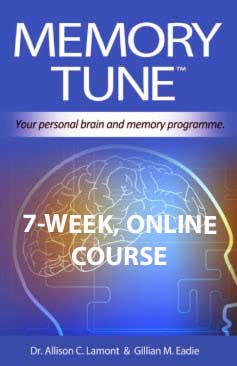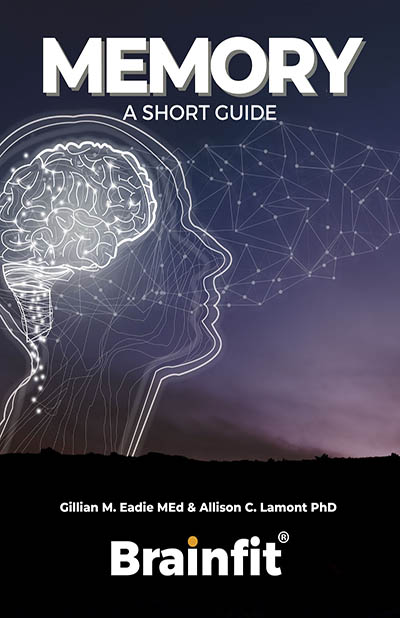What is MCI?
 A Yale study with 1,716 participant aging 65 and above found that older persons with mild cognitive impairment (MCI) were 30% more likely to regain normal cognition if they had positive beliefs about aging from their culture. This cognitive recovery advantage was found regardless of baseline MCI severity, age and physical health.
A Yale study with 1,716 participant aging 65 and above found that older persons with mild cognitive impairment (MCI) were 30% more likely to regain normal cognition if they had positive beliefs about aging from their culture. This cognitive recovery advantage was found regardless of baseline MCI severity, age and physical health.
Becca Levy, lead author of the study, states: ,
“Most people assume there is no recovery from MCI, but in fact half of those who have it do recover. Little is known about why some recover while others don’t.”
She added that a positive outlook in life could also play a significant role in cognitive recovery as per her observation in previous experimental studies.
Positive age belief was associated with reduced risk of MCI in older persons.
Always ‘look on the bright side’. Your brain will thank you for it.
Full report:
Source: Yale





I have just developed high Blood pressure ( 225/90) and it’s being difficult to gat low again. I have noticed that my memory is not good . Could that be connected to high blood pressure?